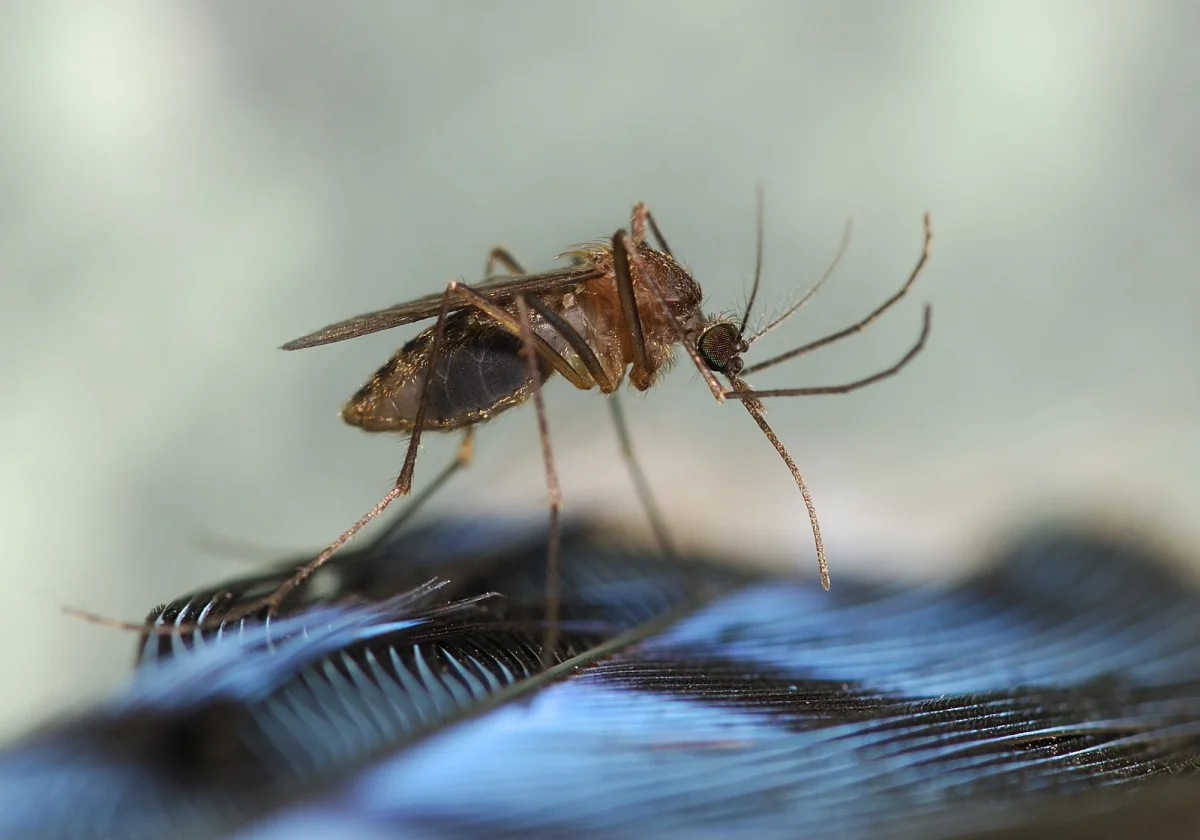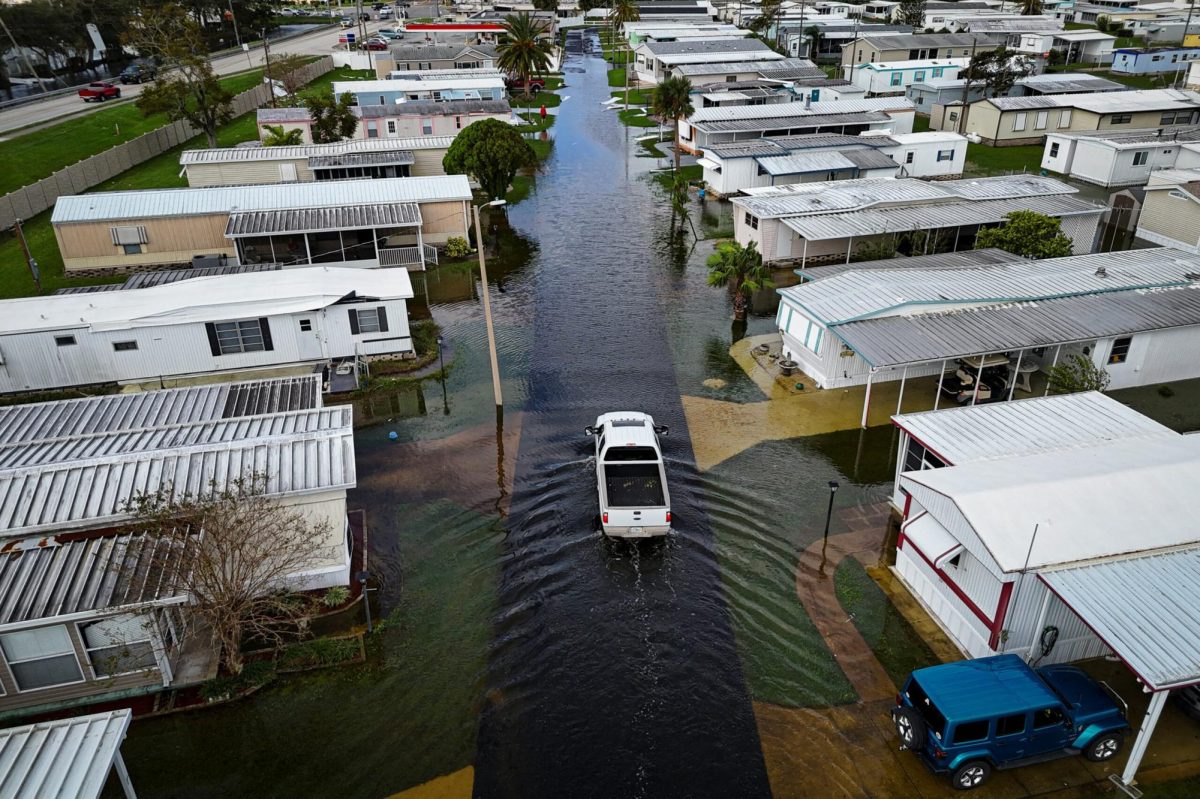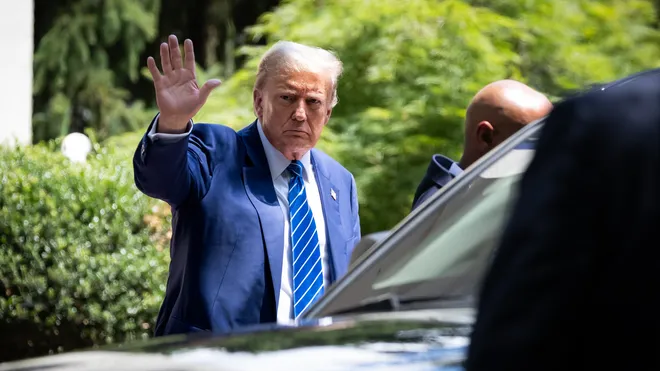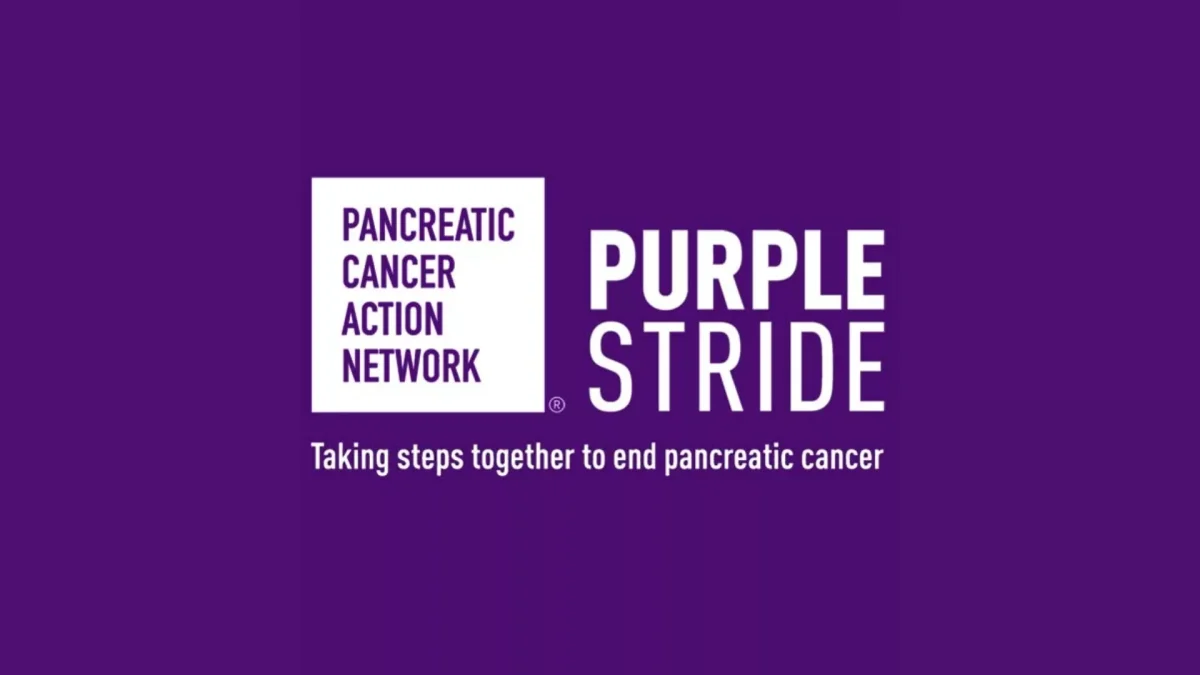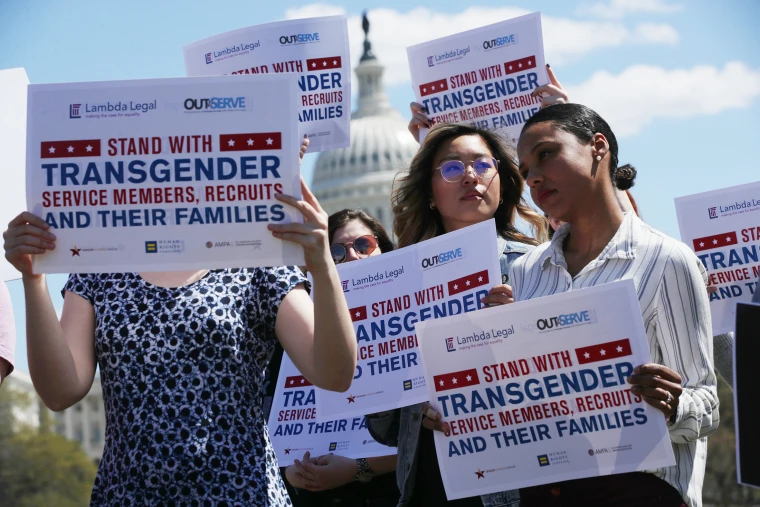EEE [Eastern Equine Encephalitis] is a rare but severe virus that is spread by infected mosquitos. Usually, only a few cases are reported per year in the United States; however, the first reported death from this most recent outbreak in New York since 2015 has been confirmed by Governor Kathy Hochul, while also announcing the increase of coordination between state and local health officials regarding the virus. Measures recommended include mosquito spraying, an increase in insect repellant at state parks, and campgrounds, and greater outreach to New Yorkers regarding the status of EEE in the state.
Symptoms of EEE include a mild or high fever, headaches, tremors, confusion, neck stiffness, inflammation of the brain, fatigue, muscle aches, and long-term effects can include coma or death in those who have unattended cases of EEE. A death has already occurred, and the state Department of Health is cracking down on a potential outbreak before a large one starts.
The number of cases nationwide is currently still low, with only 10 cases reported by the CDC in 2024. However, people are being warned this early on as a preventative measure that the State [along with many others across the U.S.] set up following the scrambled response of numerous states to the COVID-19 pandemic.
The New York State Health Commissioner, Dr. James McDonald, issued a Declaration of an Imminent Threat to Public Health, which unlocked state resources to help support efforts at preventing the spread of EEE. Currently, no vaccine or medication can be used to prevent or treat cases of EEE, which is why the NY Department of Health is remaining very adamant on increased prevention measures, in order to prevent a larger outbreak in the state, which could potentially lead to a nationwide, or even global, spread of EEE. After the very last-minute response to the COVID-19 pandemic in 2020, health departments across the country are looking to increase resources and response times on major public health emergencies or threats to public health – and it looks like this could work well in New York if they successfully prevent an EEE outbreak or pandemic in the state or across the country.
If you believe you have contracted EEE, it is recommended that you reach out to your primary doctor, or your local urgent care clinic or hospital in severe cases. If there is an immediate health emergency, please dial 911.

